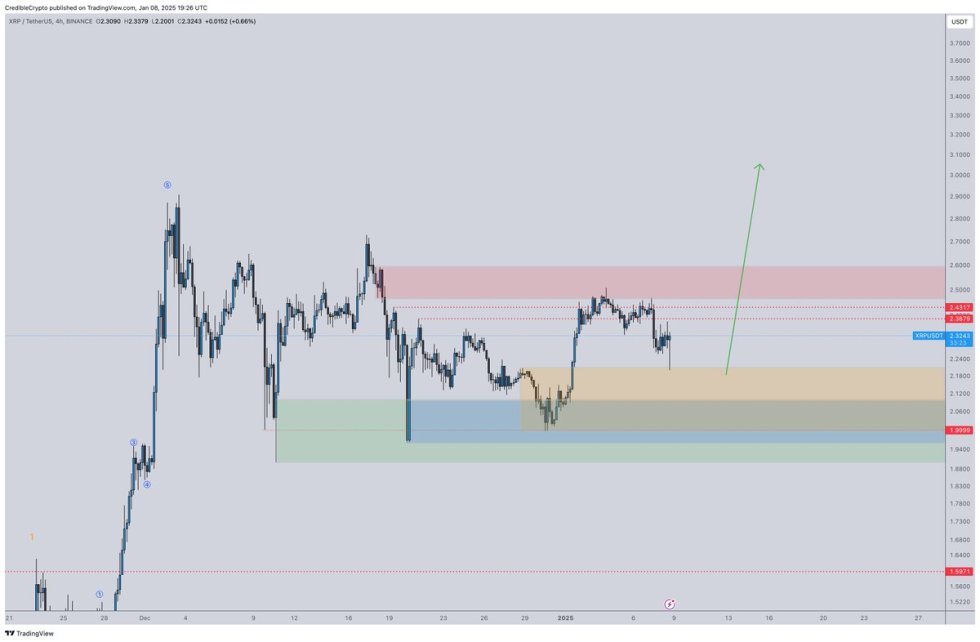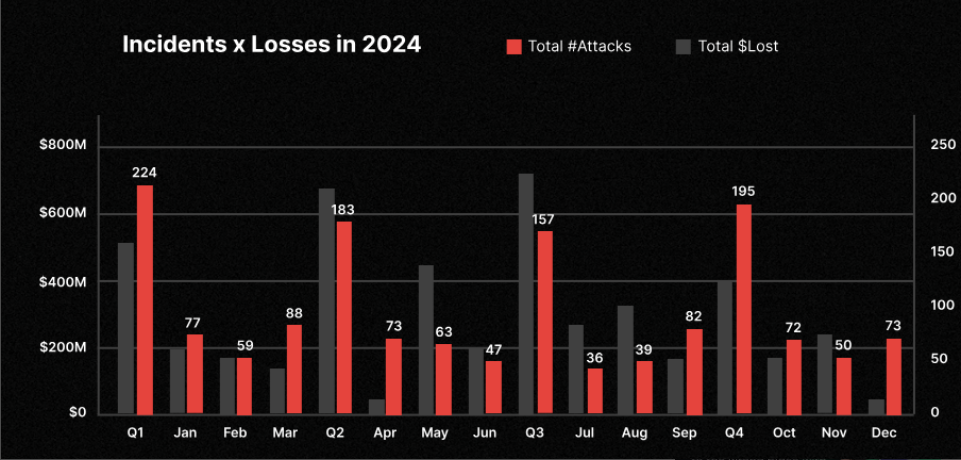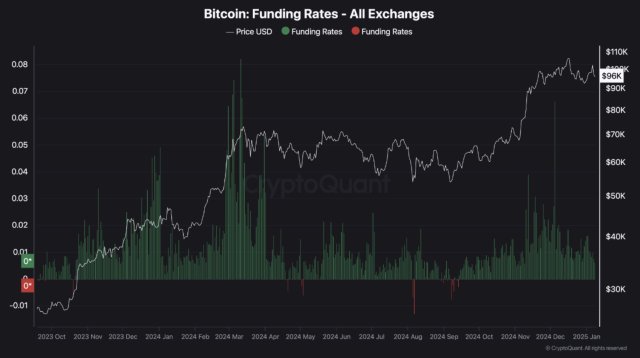
To become a global digital leader, Europe needs a diverse and competitive digital ecosystem.
Europe knows it will have to embrace a digital euro soon. To become a global digital leader and avoid dependence on American and Asian technological infrastructures, European policymakers and regulators have to make progressive decisions.
A critical stumbling block for Europe’s digital economic thinking is so-called stablecoins. Stablecoins can be privately issued and have the potential to become globally accepted and systemically relevant, disrupting long-established financial systems. Consequently, today’s political discussions surrounding stablecoins are dominated by concerns over financial stability and orderly monetary policy.
Related: Stablecoins present new dilemmas for regulators as mass adoption looms
Current regulatory plans undercut innovation and favor big banks and Big Tech
The European Union’s Regulation of Markets in Crypto-assets, or MiCA, aims to be a comprehensive regulatory framework for crypto assets, including stablecoins. Its current scope is in flux as the European Parliament and member state governments wrestle with draft texts that bring some legal certainty, potentially at the price of considerable complexity. As a result, issuing stablecoins in Europe could well end up requiring a banking license, which favors established (and not necessarily hugely innovative) financial players. Indeed, the overall regulatory burden from MiCA could be very costly, and those with considerable administrative resources would be most able to comply, namely big banks and Big Tech.
This is not to say that regulators should simply stop what they’re doing, as we need to mitigate risks and minimize negative externalities at every level. However, European citizens and businesses will want to fully participate in the global digital economy and are going to demand access to instruments like stablecoins, almost regardless of regulatory nuances. Citizens will expect consumer-friendly payment solutions that safeguard their privacy, and businesses will need programmable money to modernize and expand. None of them should be driven toward non-EU solutions or exchanges, often unregulated and without consumer protections, simply because European regulations inadvertently stifled home-grown European innovation and solutions.
Related: Europe awaits implementation of regulatory framework for crypto assets
Global relevance for the euro also hangs on its approach to stablecoins
While Europe frets and works on its plans, stablecoins are already central to the world’s digital economy, driving innovation, expansion and growth. And unsurprisingly, today’s leading stablecoins are pegged to the U.S. dollar. Every day, more than $100 billion is digitally transacted through protocols such as Tether (USDT) or USD Coin (USDC); the daily volume of equivalent euro transactions is close to zero.
Essentially, today’s stablecoin projects facilitate the global dollarization of the blockchain ecosystem by seamlessly and frictionlessly distributing America’s currency around the world. The same could be achieved with a widespread digital euro, if we could just get it started, of course.
The digital economy of the future will be characterized by a growing diversity of business models and use cases. It will require multiple payment systems and solutions, involving digital currencies running on multiple infrastructures, which will coexist and be complementary. Europe must recognize not only the importance of the digital euro for the future of the European economy but also the need for different types of a digital euro. Ideally, this should include not only a euro central bank digital currency (CBDC) but also separate, euro-referenced stablecoins and other modes.
Foster European innovation by encouraging diversity and a level playing field
To achieve global digital leadership, Europe needs a diverse, competitive digital ecosystem. This will enable the emergence of homegrown solutions capable of competing with global giants and nimble innovators from both East and West. Regulatory requirements need to be balanced and proportionate for all participants, and should not negatively affect startups, grassroots innovators and smaller companies. Maintaining a genuine level playing field is important for fostering the dynamic digital development that Europe needs, and overly strict or punitive regulatory frameworks will only reinforce existing oligopolies in tech and finance.
The European Union is a huge, highly developed economic bloc with immense digital potential, but becoming a world-leading digital economy is not a foregone conclusion. The wrong political and regulatory choices in Europe will not stop innovation and investment in stablecoins and other distributed ledger infrastructure and solutions, it would just move them out of the EU and deter them from coming back.
The EU is at a pivotal point. MiCA will be a benchmark regulation for other jurisdictions, either to be followed or avoided. Europe needs to be a catalyst for digital currencies, not an inhibitor, and it needs to support diverse digital euro solutions if it is going to retain geopolitical and technological relevance. If Europe can move past a narrow and defensive view and take a broader look at stablecoins that reflects the realities of their diverse structures, economic functions, technological designs and governance requirements, then it can become a leader in the global digital economy of the future.
This article was co-authored by Agata Ferreira, Robert Kopitsch and Philipp Sander.
The views, thoughts and opinions expressed here are the authors’ alone and do not necessarily reflect or represent the views and opinions of Cointelegraph.
This article is for general information purposes and is not intended to be and should not be taken as legal advice.

You can get bonuses upto $100 FREE BONUS when you:
💰 Install these recommended apps:
💲 SocialGood - 100% Crypto Back on Everyday Shopping
💲 xPortal - The DeFi For The Next Billion
💲 CryptoTab Browser - Lightweight, fast, and ready to mine!
💰 Register on these recommended exchanges:
🟡 Binance🟡 Bitfinex🟡 Bitmart🟡 Bittrex🟡 Bitget
🟡 CoinEx🟡 Crypto.com🟡 Gate.io🟡 Huobi🟡 Kucoin.




















Comments